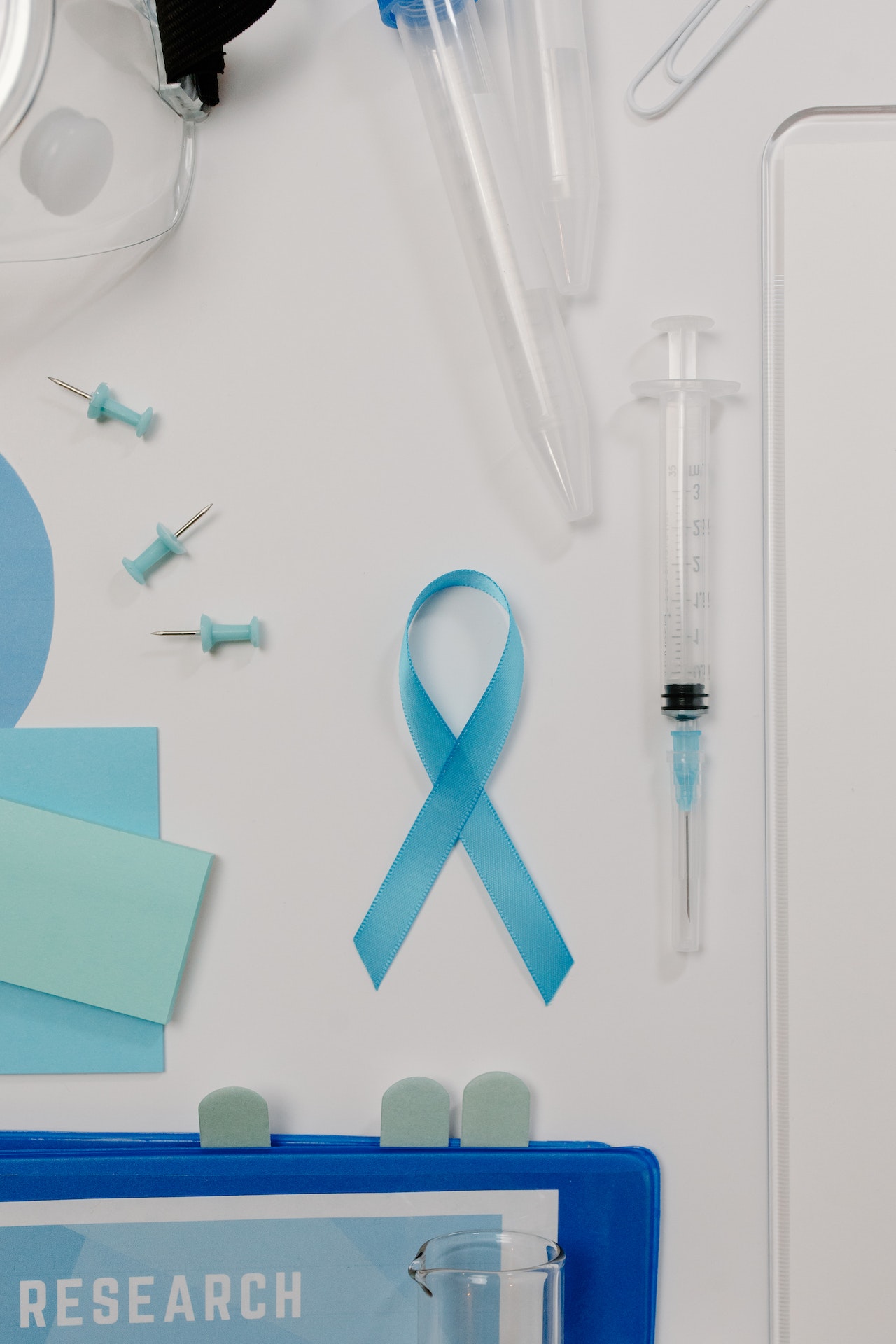Ok, so you’re not a spring chicken anymore. Maybe it takes a little longer to finish urinating. Maybe it’s harder to write your name in the snow. Maybe the interval between voids is much shorter than it used to be. Or, your warning signal that it’s time to go is immediate and more intense. Even more annoyingly, maybe you’re now getting up at night to urinate. Should you be worried that you’re falling apart?
Older is Really Better…Overall
No, you’re not falling apart, but don’t forget you hit your physical peak at age 26, and now you are…well…aging. With this comes wisdom, confidence, kindness, gray hair and incrementally small but noticeable changes to how your organs work.
This includes your bladder and prostate. Think of this system as a balloon (the bladder) attached to a straw (the urethra). The prostate is like two fingers pinching the straw where it attaches to the balloon. As we age, the balloon becomes less flexible, doesn’t hold as much and doesn’t contract with the same force. Not only that, but the prostate slowly enlarges and the “fingers” gradually pinch down on the straw more and more and narrow the passage. So, the pump doesn’t work as well and the pipes are narrowed. Less flow force and more flow resistance causes the symptoms of benign prostatic hypertrophy or BPH.
Go with the Flow
So, what’s a guy to do? Well we now know that these symptoms are not harmful to the body. Not unless you absolutely cannot pee or you have a urinary tract infection. If these things occur, you should get to a doctor. In their absence, we treat based on your “bother” score. If your life is bothered by these changing symptoms, then see a urologist. There are also some basic things you can do to help. If you’re getting up at night, try limiting your fluid intake within 2 hours of bedtime. Avoid alcohol, teas, coffee or other caffeinated beverages after dinner. The less fluid in your body before bedtime, the less urine you’ll make at night.
To reduce the heightened sense of urgency, try urinating more on a schedule to avoid getting to the point of urgency. In other words, time your voids to avoid overfilling the bladder. If your symptoms are past all of this, then consider alpha blocker medications that will relax the finger pinch on the straw and open up the channel again. Another class of medications termed 5-alpha reductase inhibitors actually shrink the prostate by about one third and can also help open the pipes back up. If medications fail, minimally invasive procedures and surgery are very effective at restoring the force of urination by opening the urethra and reducing prostatic obstruction. Realize, too, that most men do not require surgery to feel better, as less-invasive approaches usually work just fine. Go with the flow and remember that although you are getting older, you don’t have to feel like you are.
This article first appeared on Dr. Turek’s blog.
Photo by Olesia Misty on Unsplash




